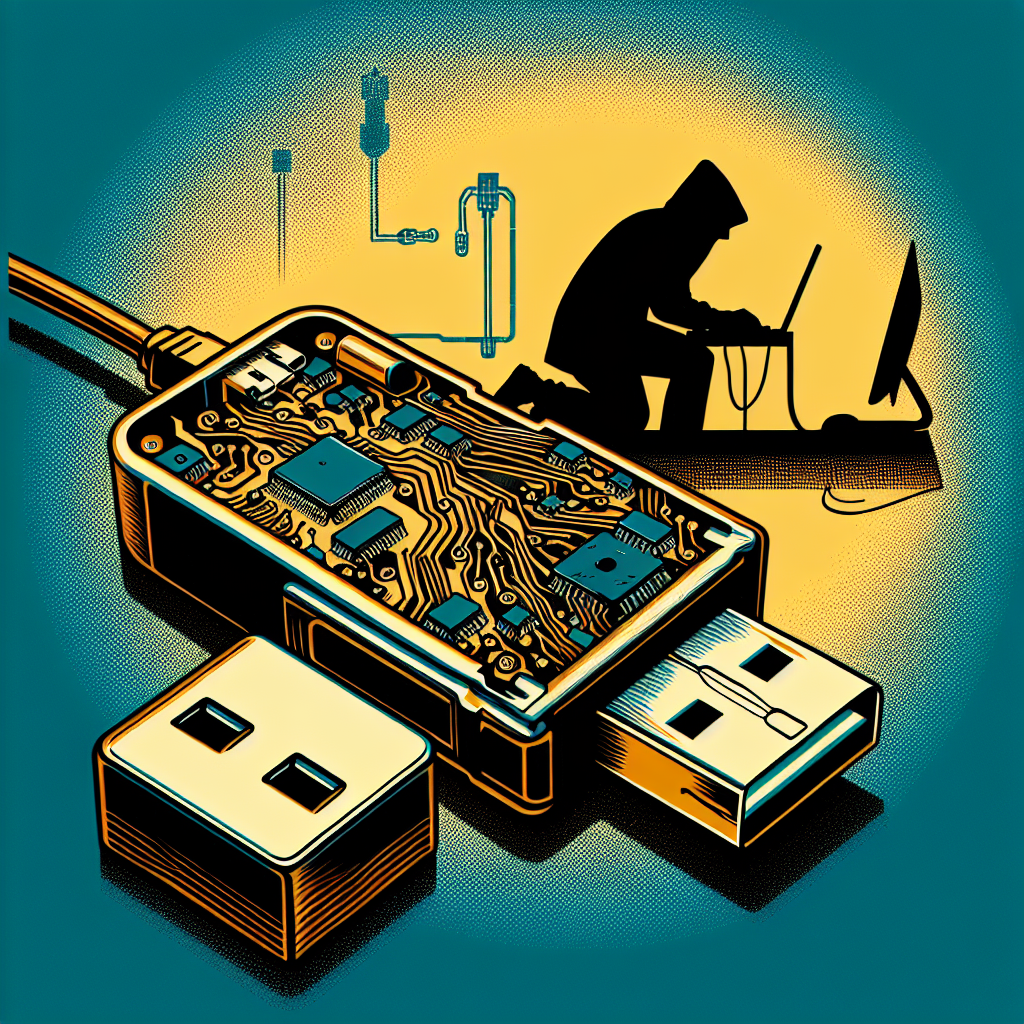Losing important data from a USB device can be a distressing experience. While the idea of hacking into a USB device to recover lost data might seem like a quick fix, it’s essential to understand the legal and ethical implications involved. This article delves into the feasibility of such actions, explores legitimate data recovery methods, and highlights best practices to prevent data loss.
Understanding USB Data Recovery
USB devices, such as flash drives and external hard drives, are common storage mediums that offer portability and convenience. However, they are also susceptible to data loss due to various reasons, including accidental deletion, formatting, corruption, or hardware failure. Recovering lost data from these devices can be challenging but is often achievable through several methods.
What Constitutes Hacking in This Context?
Hacking, in the context of USB data recovery, typically refers to unauthorized access to the device’s data. This can involve bypassing security measures, exploiting vulnerabilities, or using specialized software to extract data without permission. It’s crucial to note that unauthorized hacking is illegal and punishable by law.
Legal Implications of Hacking into USB Devices
Attempting to hack into a USB device without explicit permission from the device owner is considered illegal under various cybersecurity and privacy laws globally. Activities that fall under unauthorized access can lead to severe legal consequences, including fines and imprisonment. Therefore, it’s imperative to refrain from attempting such actions unless you have the rightful authority and ownership of the device.
Legitimate Methods for Data Recovery
If you’re seeking to recover lost data from your USB device, there are legitimate and safe methods available:
- Data Recovery Software: Numerous reputable software solutions, such as Recuva, EaseUS Data Recovery Wizard, and Disk Drill, can help retrieve lost files without compromising the device’s security.
- Professional Data Recovery Services: If software solutions fail, professional services specializing in data recovery can offer advanced techniques to recover data from damaged or corrupted USB devices.
- Backup Solutions: Regularly backing up your data to cloud services or other storage devices can prevent significant data loss and eliminate the need for recovery.
Password Protection and Encryption
Some USB devices come with built-in security features like password protection and encryption. While these enhance data security, they can also complicate the recovery process if credentials are lost. In such cases, seeking professional assistance is recommended to avoid data breaches and legal issues.
Preventive Measures to Avoid Data Loss
Preventing data loss is always better than attempting recovery. Here are some best practices to safeguard your data:
- Regular Backups: Maintain regular backups of your data on multiple storage mediums to ensure redundancy.
- Safe Ejection: Always safely eject your USB device before removal to prevent data corruption.
- Use Reliable Devices: Invest in high-quality USB devices from reputable manufacturers to reduce the risk of hardware failures.
- Implement Security Measures: Use strong passwords and encryption to protect sensitive data from unauthorized access.
Ethical Considerations
Data integrity and privacy should always be prioritized. Attempting to hack into devices not only violates legal standards but also breaches ethical norms. Respecting data ownership and seeking authorized methods for data recovery fosters trust and maintains the integrity of digital interactions.
Conclusion
While the temptation to hack into a USB device for data recovery might arise in moments of urgency, it’s essential to consider the legal ramifications and ethical implications. Opting for legitimate data recovery methods and implementing preventive measures can effectively address data loss issues without compromising on legality or ethics. Always prioritize authorized and ethical approaches to protect your data and uphold digital integrity.

